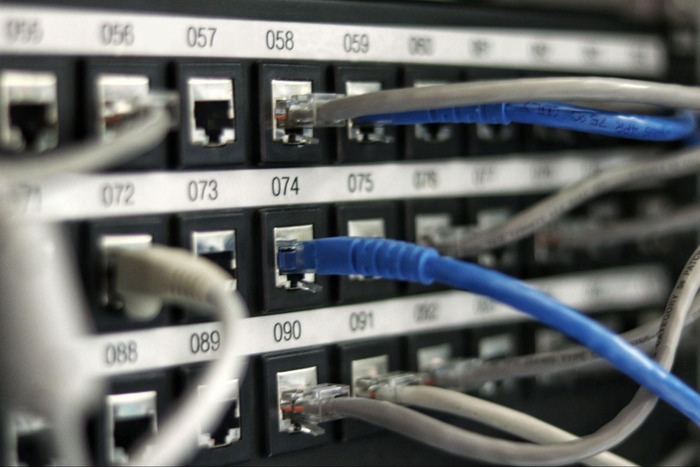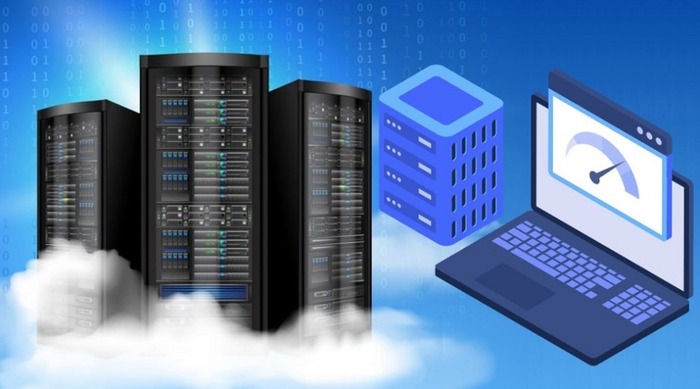There are so many proxies out there. There are mobile proxies, datacenter proxies, and residential proxies. But that’s not all. Have you heard of shared and private proxies? How about anonymous and reverse proxies? Is your head spinning yet?
The digital landscape doesn’t stop evolving. It isn’t just businesses that need proxies. Today, even individuals like that friendly old lady next door may require a proxy for security. Proxies optimize our online activities. They make the internet a safer space.
But with the countless choices out there, striking the balance between performance, protection, and price might pose a challenge. Interested in data center proxies? This article will provide all the information you need in your quest for the best.
Understanding Datacenter Proxies
It’s pretty clear what residential proxies are. These have IP addresses assigned by ISPs. How about data center proxies, then? How are they different from residential proxies?
Datacenter proxies sit in servers in centralized facilities. Therefore, their IPs look different from residential ones. This distinction brings both advantages and challenges when it comes to speed and security.
Speed Matters
One of the primary reasons users opt for data center proxies is their remarkable speed. These proxies operate from high-performance servers in data centers, offering users quick response times and efficient data retrieval.
Businesses engaged in web scraping, market research, or any activity requiring rapid data extraction find data center proxies particularly beneficial.
Where is a proxy located? That influences its speed. A reputable datacenter proxy provider will have servers in many locations worldwide. Why? Think about it. When you can choose a proxy closer to content-serving servers, data doesn’t need to travel that far.
Therefore, you’re getting speedy processing. This benefit is crucial when the user needs to monitor global markets or access time-sensitive information.
Security Challenges
While data center proxies excel in speed, they do face certain security challenges. As these proxies share IP addresses originating from centralized data centers, they can be more susceptible to detection by websites employing advanced anti-proxy measures. This could result in restrictions or bans, hindering the seamless operation of certain online activities.
Moreover, since data center proxies are not associated with residential internet service providers, they may lack the perceived legitimacy of residential IPs. Some websites and services may view traffic from data center proxies with suspicion, potentially triggering security measures like CAPTCHAs or access restrictions.
Choosing the Right Datacenter Proxies
To harness the benefits of speed and security offered by data center proxies, users must make informed decisions when selecting a provider. Here are some crucial factors to consider:
- IP Rotation and Pool Size: Opt for data center proxy providers that offer IP rotation and a diverse pool of IP addresses. Regularly changing IPs can help evade detection by websites, while a large pool ensures a varied range of addresses, minimizing the risk of being blocked.
- Geographical Coverage: Evaluate the provider’s network coverage to ensure it aligns with your specific needs. A global network with servers in key locations can optimize performance for region-specific tasks.
- Reliability and Uptime: Does your provider have a good reputation? Users often rate proxy companies based on reliability and uptime. Look for a provider with consistent availability. That way, your tasks won’t get interrupted.
- Security Features: Look for providers that prioritize security. Features like encryption, user authentication, and adherence to best practices can enhance the overall security of data center proxies.
- Customer Support: A company that values its clients will train its customer service team well. It has to be responsive and knowledgeable. What you want is immediate assistance when facing issues like downtime.
- Trial Periods and Refund Policies: A provider with a trial period is preferable. Testing a product before putting down a big investment is crucial. That way, you can figure out if a proxy can handle your needs. Use it for real-world scenarios. Check its performance and safety. If you’re unsatisfied, get a refund.
Conclusion
Do you want speed and security when using the internet? If so, choosing the right datacenter proxies is critical. You must learn how to balance the need for rapid data access with the imperative of maintaining security.
The whole process requires a careful examination of providers and their offerings. Remember that a provider that’s right for your friend might not be the one for you.
By considering factors such as IP rotation, geographical coverage, reliability, security features, and customer support, users can make informed choices that align with their specific requirements. Ultimately, a well-chosen data center proxy service can be a powerful tool for individuals and businesses navigating the complexities of the modern online landscape.


